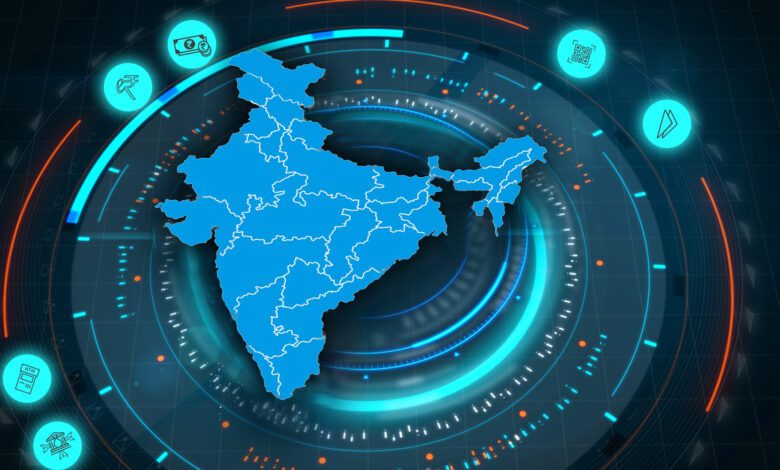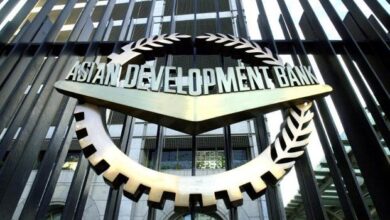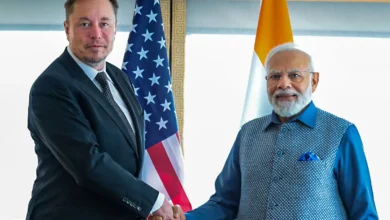
During the second India-Central Asia National Security Advisors meeting in Kazakhstan, India recommended the establishment of facilities for sovereign digital real-time payment systems in accordance with the demand and requirement of several countries in Central Asia.
India was represented at the meeting by NSA Ajit Doval.
According to a source, “Such a system will greatly enhance commercial linkages and benefit people who may have to travel to India for medical treatment. It will also help businessmen and Indian students who are studying in Central Asian countries.”
The threat of terrorism
The threat of terrorism was additionally addressed in the background. India and Central Asia share similar security issues and dangers. Threats came from malicious users operating over connected networks throughout their neighbourhood.
“Terrorism, in all its forms and manifestations, continues to constitute one of the most serious threats to international peace and security. Any act of terrorism, regardless of its motivation or cause, is unjustifiable. We offered fully funded capacity building programmes in a wide range of areas,” the source stated.
The first India-Central Asia Meeting of National Security Advisers/Secretaries of Security Councils took place on December 6 in New Delhi. The gatherings are a result of the agreement made during the first India-Central Asia Summit (27 January 2022) about the holding of periodic gatherings of the Secretaries of the Security Council to talk about regional security issues. Kyrgyzstan, Tajikistan, Uzbekistan, Kazakhstan, Turkmenistan, and India are among the members of the group.
Relations between India and the Central Asian nations have developed into intricate and mutually beneficial connections built on trust, understanding, and goodwill. This is applicable to relations in the political, commerce, economic, security, and defence spheres.
Connectivity and economic integration were highlighted
As a top objective for India, connectivity and economic integration with the Central Asian nations were emphasised.
“However, while promoting connectivity, it is important to ensure that connectivity initiatives are consultative, transparent and participatory. They should respect the sovereignty and territorial integrity of all countries. They should also adhere to environmental parameters, ensure financial viability and not become debt burdens,” the insider continued.
India is a participant in both the Ashgabat Agreement and the International North-South Transport Corridor (INSTC). The Chabahar port and its Shaheed Bahesti terminal, which is run by an Indian business, have extended an invitation to Central Asian nations to utilise them for maritime trade. Turkmenistan and Uzbekistan will both shortly join the INSTC. With this, all five of the Central Asian nations will be INSTC members.
An idea was put out to establish an India-Central Asia Rare Earths Forum to investigate potential collaborations in the rare earth and strategic mineral sectors. Additionally, this will make it easier for Indian private enterprises to invest in and build the local economy together.
You might also have also intersted in : India tops global digital payments ranking, has more digital payments than the rest of the countries put together



